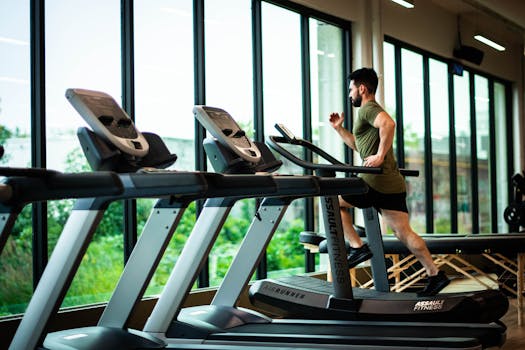
Introduction
Race anxiety is a common feeling experienced by runners and athletes before a big event. Whether you're gearing up for your first 5K or an ultra marathon, the nerves can be overwhelming. However, there are effective strategies to help manage pre-race anxiety and perform your best.
Understand Your Anxiety
- Recognize It's Normal: Feeling anxious before a race is completely normal and experienced by athletes of all levels.
- Identify Triggers: Understanding what specifically makes you nervous can help you address those concerns.
Strategies to Manage Pre-Race Anxiety
- Prepare Ahead: Have your gear ready the night before and know the race logistics. Being prepared reduces uncertainty.
- Practice Relaxation Techniques: Deep breathing, meditation, or visualization can calm your mind.
- Focus on the Process, Not the Outcome: Concentrate on your pacing and form rather than your finish time.
- Accept the Nerves: Remind yourself that anxiety is just excitement in disguise — embrace the energy!
Race Day Tips
- Arrive Early: Give yourself plenty of time to warm up and settle in.
- Stick to Your Routine: Eat familiar foods and follow your tried-and-true warm-ups.
- Positive Self-talk: Replace negative thoughts with encouraging ones. Tell yourself, “I am ready and prepared.”
After the Race
- Reflect on Your Performance: Celebrate your efforts regardless of the outcome.
- Learn for Next Time: Note what strategies worked and what you can improve.
Conclusion
While race anxiety is a common and natural reaction, you don't have to let it hinder your enjoyment or performance. With preparation and the right mindset, you can turn nerves into positive energy and have a successful race experience.
Comments
Post a Comment